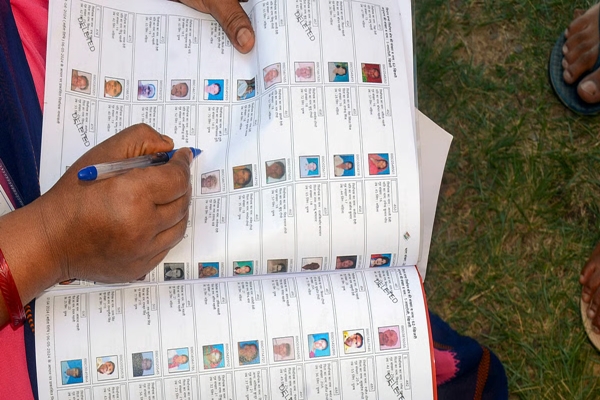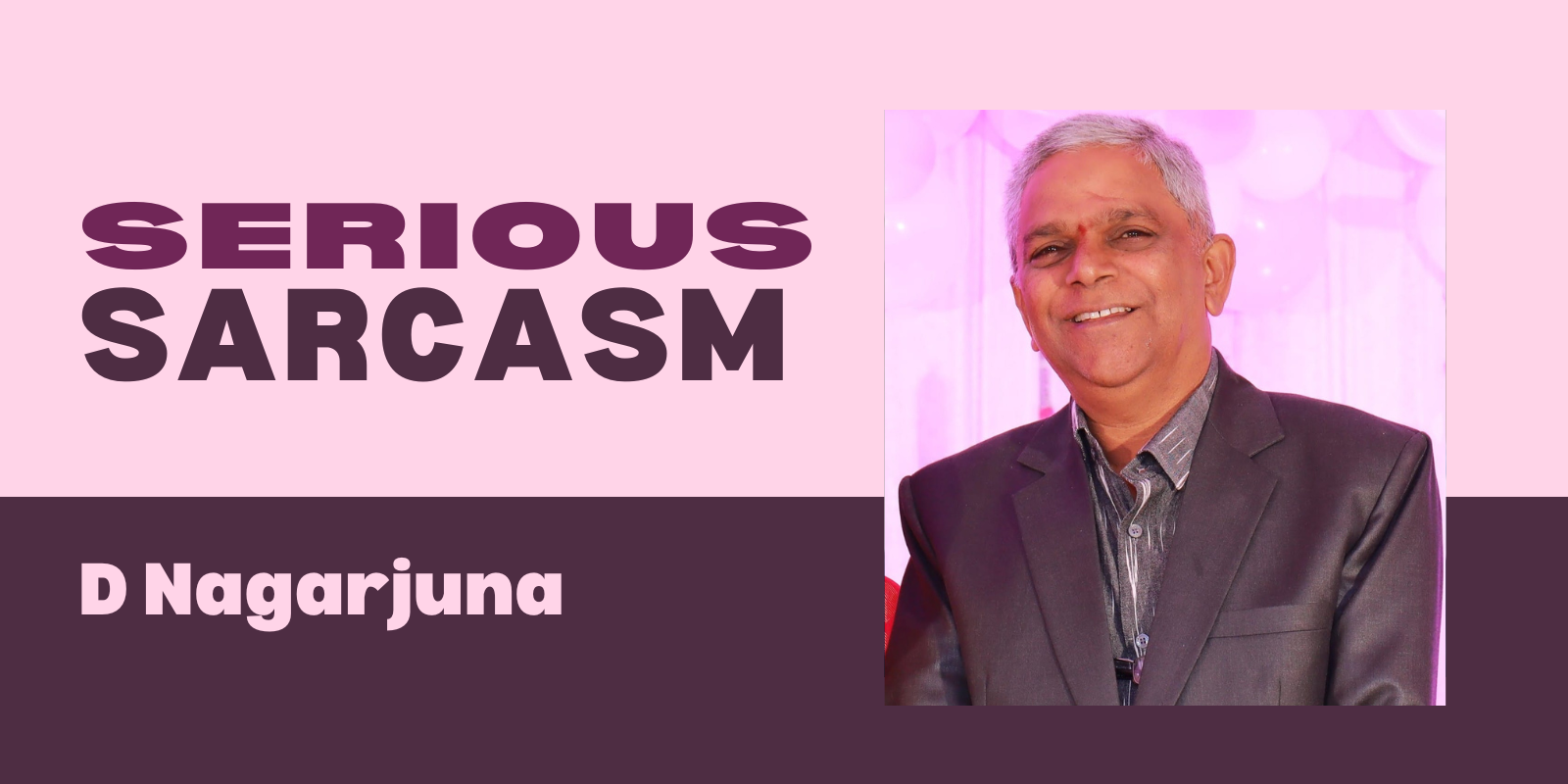Bihar is a state to reckon with, though its population is just under 10% of India’s citizenry. It is often viewed as the frying pan of India—its people are volatile, hardworking, aggressive, and, not to forget, immensely talented across spheres, much like the rest of the country.
Three decades ago, this writer attended a get-together in Boston where some Biharis were also present. They were educated, well settled, and carried that typical sense of humour. One of them boasted that if he were the CM, he would turn Bihar into Japan in no time. Another quipped back that he would need just a couple of days to turn Japan into Bihar. That summed up Bihar’s condition at the time.
For all the wrong reasons, Bihar became a negative reference point—even though a large chunk of India’s UPSC civil service officers hail from there. The state was branded a front-runner in corruption, though many other states competed closely, but somehow escaped the same publicity. Inexplicably, Bihar became the benchmark for many of India’s failures. The main reason was its abysmally low literacy rate. Ironically, it still produces the second-largest number of civil servants in the country.
Now, with elections approaching, Bihar will once again occupy centre stage in the Indian media. The state is often seen as a barometer of the national mood. That explains the fierce contest between the ruling NDA and the Indi alliance.
This election will serve as a litmus test for the Election Commission of India (ECI), which has managed to put its foot in its mouth, drawing criticism from both the BJP and the INC camps. Adding to its woes, the ECI has become a scapegoat for frustration, anti-incumbency, and countless lapses in voter list preparation. How it wriggles out of this situation remains to be seen—especially now that it has launched the Special Intensive Revision (SIR) exercise nationwide.

But let’s be fair. The voters’ lackadaisical attitude adds to the problem. Do people really check their voter list status on time? They usually wake up only when approached by party workers in the final days of campaigning. This recklessness allows ruling parties to exploit and manipulate electoral rolls. A responsible and alert citizenry can play a bigger role than the ECI, which often pleads manpower shortages, budget constraints, and other inadequacies.
In today’s digital era, there’s no need to run around government offices. Every street, locality, or gated community could identify a tech-savvy volunteer to monitor voter lists online—checking for additions, deletions, or large-scale manipulations, and raising objections within deadlines. That would foil collusion between the ruling party and election officials. But sadly, instead of acting, we wait until the horses have bolted.

If this vigilance happened in every basti, village, town, and city, the problem would be contained. But we are better at blaming others than taking responsibility ourselves. We take democracy too casually. When this writer once floated the idea of India taking a “sabbatical from democracy” and using danda/lathi to instil responsibility, fellow journalists shot it down. They argued that developed nations like the US continue to thrive under democracy while ensuring what we consistently fail to achieve.
Anything done in haste, like SIR, attracts suspicion. Anything done too slowly meets the same fate. Only transparency and professionalism earn appreciation. The real problem is cultural: we love blaming and finger-pointing, but when accused ourselves, we turn defensive. We refuse to be rational or reasonable, hiding behind freedom of speech.
Ironically, in our so-called democracy, both mike and mouth are muted in Assemblies and Parliament because of rising intolerance, now a staple food for our citizenry. What a travesty that people know corruption is the root of most problems, yet accept it as naturally as sunrise and sunset.
SIR is not the problem, sir. The people are the problem—unwilling to shoulder responsibility, ever eager to point fingers while forgetting four are turned inward. So why wait, sir? We will always have X to blame for Y number of failures. Hail the red book that Rahul loves to flaunt, even as his own CM in Telangana kicks it away with impunity.




